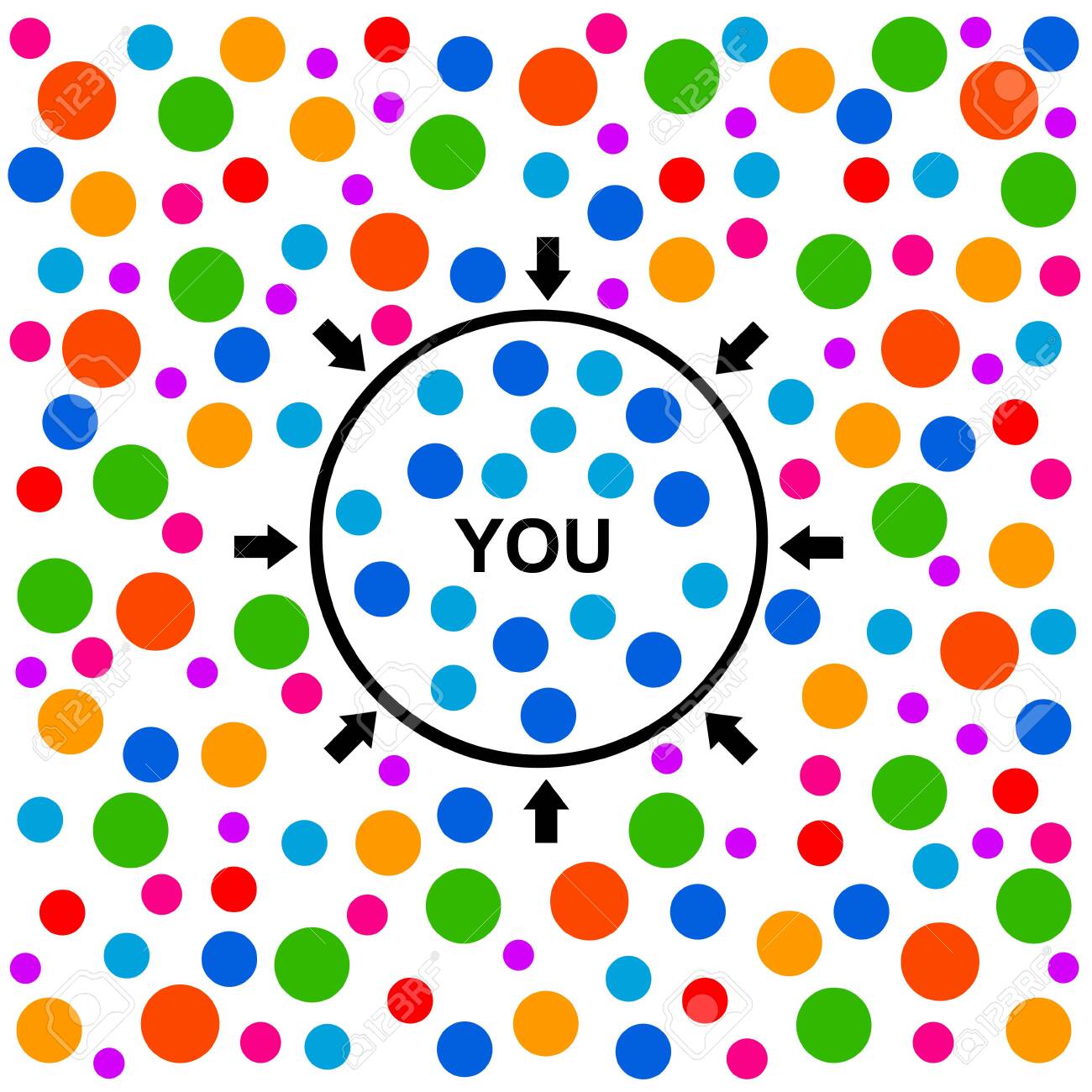Digital Footprint, Net Neutrality, and the Filter Bubble
This week I was introduced to some new knowledge and terms I had not heard of before as well as expanding my knowledge over what a digital footprint was. As many of you know, anytime we interact online we are adding to our digital footprint. Your digital footprint can be positive or negative and can be a beneficial tool to have when searching or applying for jobs or a harmful tool. It is becoming more common now that professionals will search a candidate's name before hiring them, and that one search result could plat greatly in your favor or not. So how can you ensure you are managing your digital footprint?
Managing your digital footprint:
- Search yourself regularly on a search engine, use your first and last name. If you are married or changed your name you can search both names. Look at your search results and determine if you are proud of your result or if there are things you need to change.
- If there are items that you know of on the web that include you, ask those people to take the item down. Always remember to think before you post to social media.
- Change your privacy settings on all accounts, turning them to private will protect some of the information people would have access to.
- Delete any accounts that you no longer use or are inactive.
- Promote the positive. Use your digital footprint to highlight the positive work you are doing.
Continuing to check on your digital footprint will help you become a more conscious digital citizen.

In addition to learning about digital footprints, I was very intrigued to learn about two items called the filter bubble and net neutrality. These are topics that I knew happened but I did not understand how greatly they could impact education. Net neutrality is the idea that the internet should be a free and open space for all users to access a wealth of information. Without net neutrality there would essentially be a paid prioritization of the information that is presented on search engine. This would greatly affect the resources our students would have access to, their connectivity to sites and applications, as well as their bandwidth speed. All of these would greatly impact the information they would receive. On top of net neutrality, we learned about the "filter bubble". It is no secret that we know our phones are listening. For example, have you noticed that you search a specific product online then the next time you are on social media you see multiple ads for that product? The filter bubble is essentially a change in the way information is presented to you. Take you Facebook page for example, have you noticed that during an election year as you lean more towards the left or right the articles you see on social media as well as the post can sometimes reflect that. You may notice that you only see one side of things, or articles that don't present all the facts. This is caused by the filter bubble. It happens with videos, articles, and even general searches because the information is presented differently for each user. This way of presenting ideas and information is a huge disservice especially when it comes to the world of education. Take a moment to consider if you were a high school student, and you had an assignment to take a stand on an issue and debate why you're supporting your claim. Consider your research and the reliability of the information you'd be receiving if the "filter bubble" was funneling out sources that were strictly one sided. The internet was mean to connect information, people, and learning all around the world. Yet, with a filter bubble and without net neutrality there would be no way of knowing if the information we are receiving is entirely authentic and equitable.